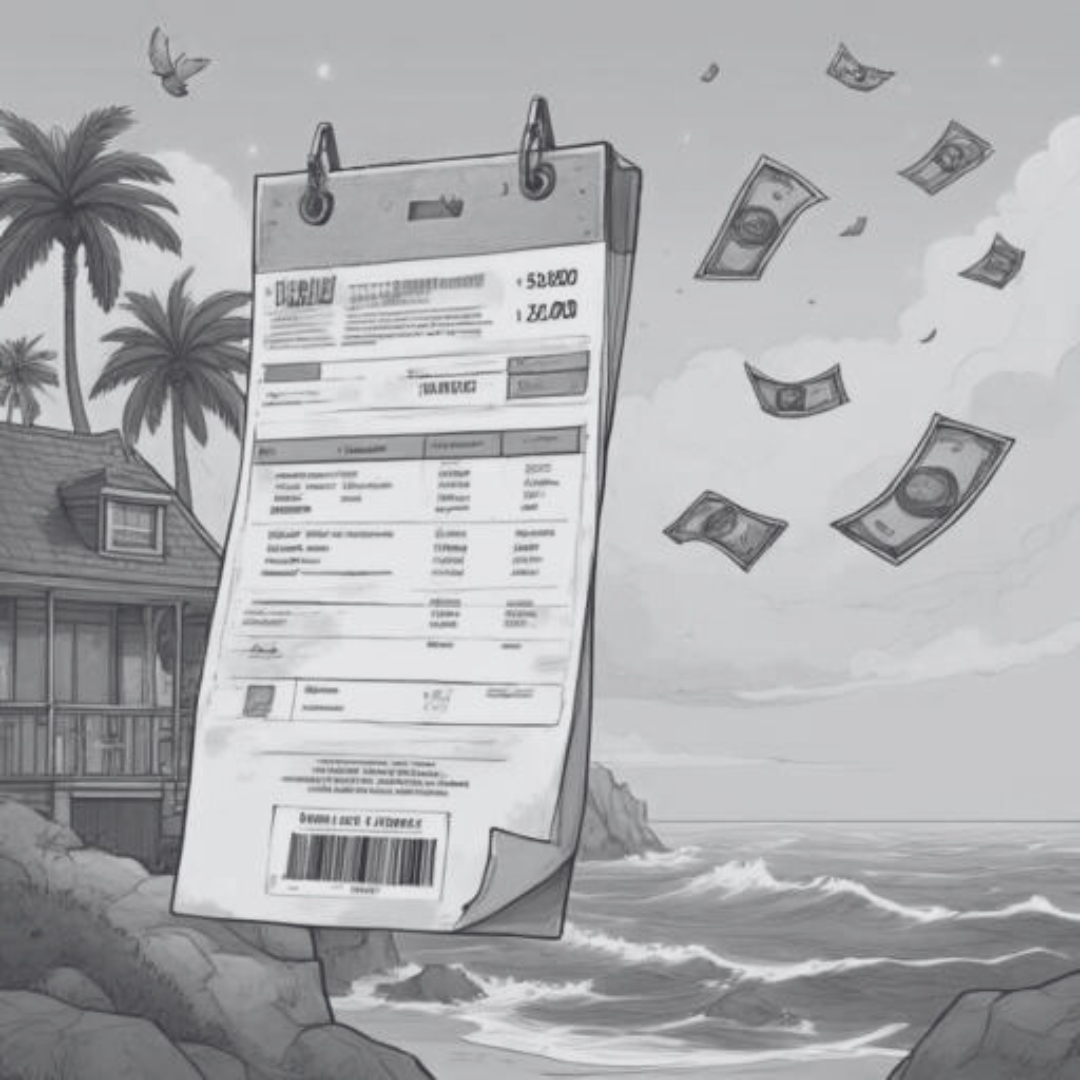
Who Gets Left Behind in the Sustainability Race?
As sustainability standards in tourism become more formalised and ambitious, a vital question arises: Who gets left behind when 'going green' gets regulated, and becomes a requirement instead of a choice?

Professor Xavier Font spotlights a tough reality: "Small, rural, family-owned properties won't become certified—they simply can't afford it." When certification systems reward visibility and scale rather than authenticity and local commitment, deeply dedicated small players are often excluded.
This creates a worrying divide. Those who appear most sustainable may simply be the ones with enough resources to clear regulatory hurdles—not necessarily those making the biggest impact on the ground. If sustainability turns into a test of capacity rather than intent, the sector risks losing its integrity.
Nowhere is this challenge sharper than in Europe, where 96% of tourism businesses are small or micro-enterprises. The (now-paused) EU Green Claims Directive drove this home: while designed to curb greenwashing by demanding verifiable environmental claims, it faced heavy criticism for placing a disproportionate burden on small businesses. As policymakers themselves recognized, policies scaled for industry giants and global brands can leave grassroots innovators out in the cold, making "sustainability" visible only to those who can afford the paperwork—not as a shared movement for all.
So while the paused regulations in Europe with (The Green Claime Directive) might cause a slow down at first sight, on the long term it will actually be better to think through how we can ensure integrity and real impact—without drowning small operators in red tape? There's already a few ideas that might be of interest to DMO's that are trying to support their businesses:
- Lower costs: Introduce subsidies, sliding-scale fees, and streamlined audits so small businesses can participate on fair terms.
- More flexibility: Build in mechanisms that recognise and reward local context—allowing grassroots operators to prove their commitment in ways that match their resources and realities.
- Support for the grassroots: Provide accessible training, mentorship, and practical resources so that all can engage—regardless of budget or in-house expertise.
To conclude: Sustainability must be inclusive—or it isn't sustainable at all. Only by opening pathways for every committed player—not just the loudest or best resourced—can the industry drive true, lasting transformation.
- ELKE DENS
Place Generation captured their reflections in a whitepaper: The Score is Not the Story, produced by CityDNA in partnership with Simpleview/Granicus to share with other cities.


